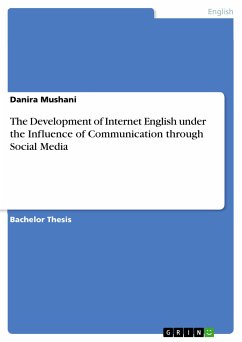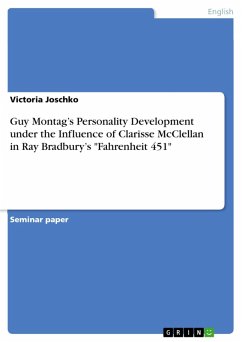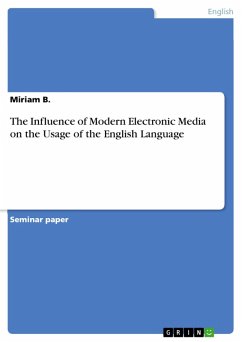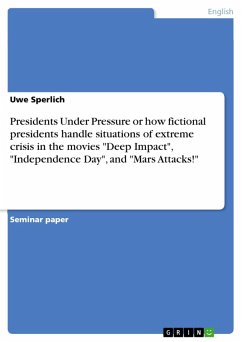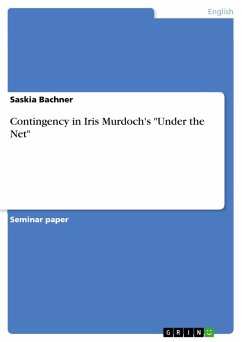Bachelor Thesis from the year 2016 in the subject English Language and Literature Studies - Linguistics, grade: A, , language: English, abstract: Language is always evolving and the Internet has certainly speeded up this process. New technology has created the need for new words and ways of expressing and the change has been rapid. As we have become more reliant on our smart phones and computers, the way in which we communicate with each other in our everyday life has changed completely. It made it easier for us to interact with people across the world with a single touch through social networking sites, such as Twitter, Facebook and YouTube. The wider Internet and social media have become the main influence in changing language, especially English, which is considered the "lingua franca" of the Internet. They have created a universally understood slang that not only has found a way into everyday conversations, but also coined new words and had a tremendous effect on the English language and the way we communicate. Although can it still be called "slang" when it gains such an official status? The use of different forms of English, like acronyms and abbreviations, has increased drastically and they have had a significant role in the new words that are being introduced on a regular basis. This emerging manner of communicating affects many different people in various ways. It is an interesting phenomenon that affects not only youth, but people from all age and social groups and across national borders. Since these changes have been so significant, there is disagreement on whether these changes have been negative or positive. The purpose of my thesis is to examine these views and present the arguments in support in support of each side .
Dieser Download kann aus rechtlichen Gründen nur mit Rechnungsadresse in A, B, BG, CY, CZ, D, DK, EW, E, FIN, F, GR, HR, H, IRL, I, LT, L, LR, M, NL, PL, P, R, S, SLO, SK ausgeliefert werden.

